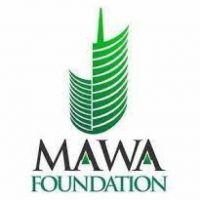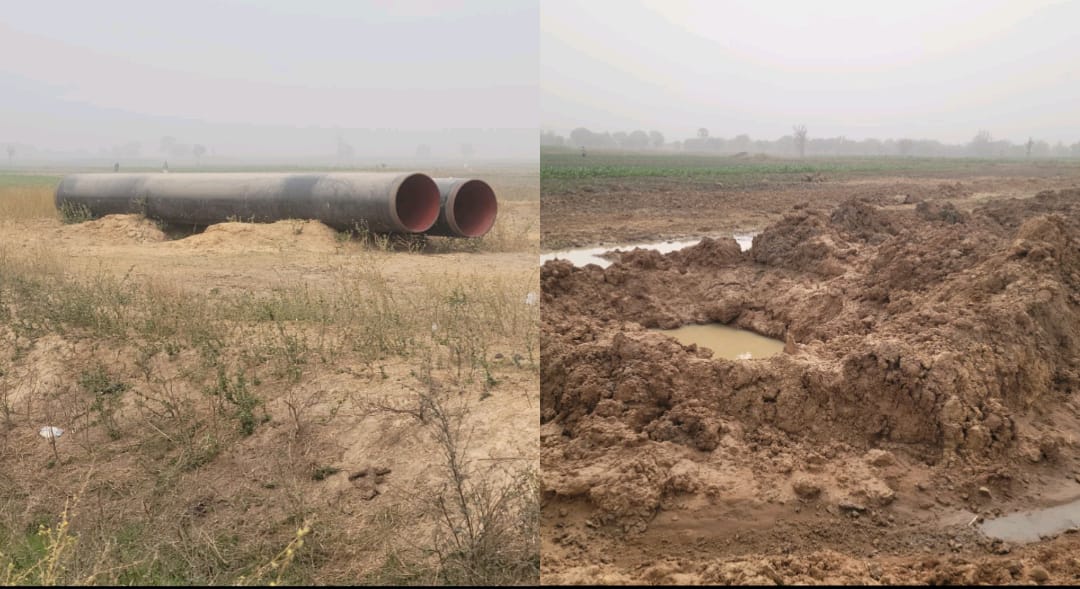Residents of the Rigar Duka community in Kura Local Government Area of Kano state say they do not have concrete information regarding the Gas Pipeline project taking place in their area. This affirms the secrecy in the activities of Nigeria’s extractive deal that makes it seem citizens have no right to information about the extractive deals. These abnormalities have continued even as the Nigeria Extractive Industries Transparency Initiative (NEITI Act), Freedom of Information Act, Petroleum Industry Act, and Public Procurement Act are some of the laws that mandate the Nigerian state and its agencies to allow public access information to extractive deals.
often, extractive deals take place in host communities with many of the residents not having any knowledge of them and are kept in the dark by the government, its agencies, and companies. Openness in extractive deals is fundamental because the citizens and host communities have the right to know and participate in any decisions that affect them.
The Nigerian National Petroleum Corporation (NNPC) awarded a contract to Macready Oil & Gas Service Company Limited for the maintenance of the Kaduna-Kano gas pipeline. Our officials’ visit to the Rigar Duka community shows Macready Oil & Gas Service Company Limited began the project but has left it uncompleted.
Community residents who spoke to our officials said the abandoned pits of the extractive project are resulting in flooding and destroying their farms. A situation they say is impacting them even when they were not consulted for any decision leading to the award of extractive deal that is now impacting their lives and environment.
Worse still, all efforts to get the National Petroleum Corporation (NNPC), to disclose the gas pipeline extractive deal have been unsuccessful. For instance, Divine Era Development and Social Rights Initiative (DEDASRI) and her partner Media Advocacy West Africa (MAWA Foundation) through the Freedom of Information (FOI) requested the NNPC to disclose the extractive deal. Request NNPC has since refused to grant using the Petroleum Industry Act as a cover. According to NNPC, under the Petroleum Industry Act 2021, it is no longer a public institution, but a private company, and has since ceased to be an agency of government. Hence not under any obligation to respond to FOI requests and be accountable to the public.
Nigeria laws support citizens and the community’s right to access public information about extractive contract deals. Citizens’ access to documents is a fundamental principle of the Extractive Industry Transparency Initiative (EITI) which the Nigerian state became part of in 2003. When the NNPC continues to disregard requests for public access to information about extractive deal transparency, it is simply disobeying the law of the country it has the mandate to obey and protect.
We are aware that attaining extractive transparency in Nigeria just like in other countries is a huge task, but we must keep up the fight. We encourage all citizens and strategic stakeholders to assert their rights to public access information to extractive deals. Citizens’ public access to extractive deals is fundamental, that will enable and encourage the people to participate in extractive decisions that affect them.
In reality, attaining transparency in extractive deals is a long battle for the citizens and strategic stakeholders, but we will not give in. A huge part of Nigeria’s income depends on extractives and that is a determinant factor for our country’s national budget and planning. Therefore, how we will live and feel better in the future is largely dependent on how we work together to effectively demand extractive deal transparency from both state and non-state actors.
Audu Liberty Oseni, Coordinator MAWA Foundation & Director of Communication, Centre for Development Communication
This report was supported by a grant from Publish What You Pay

